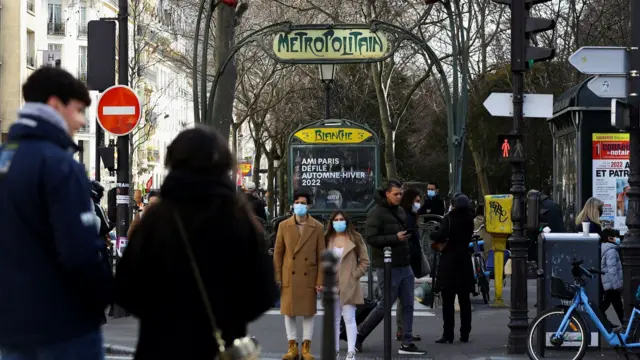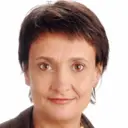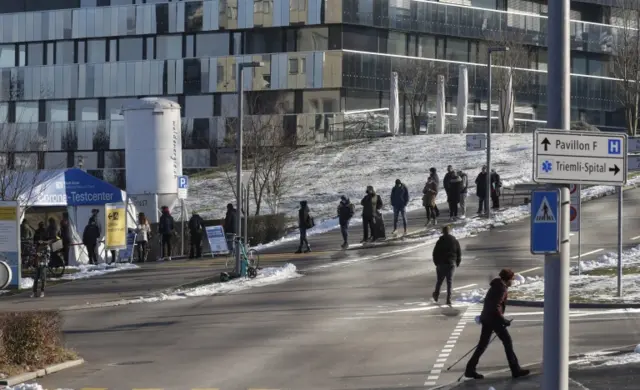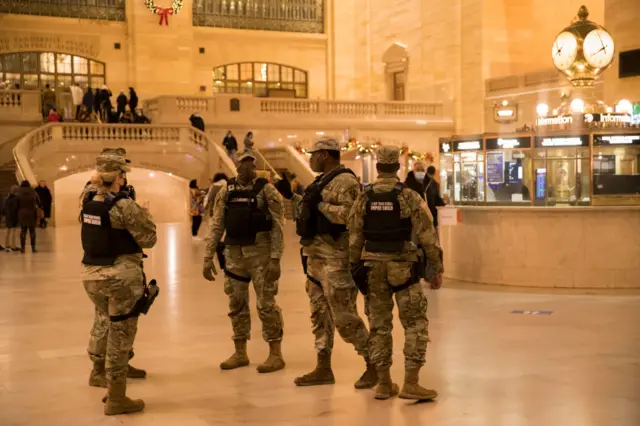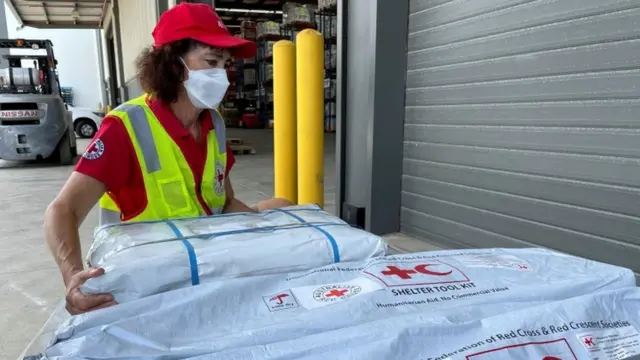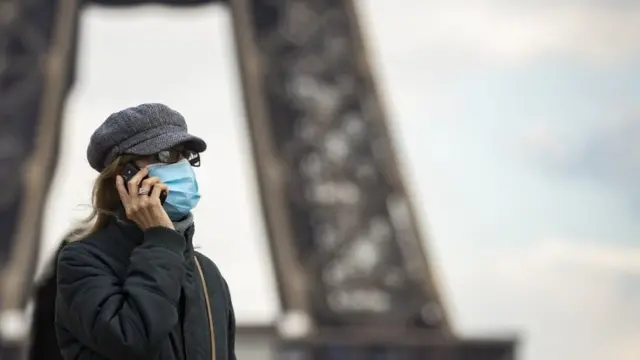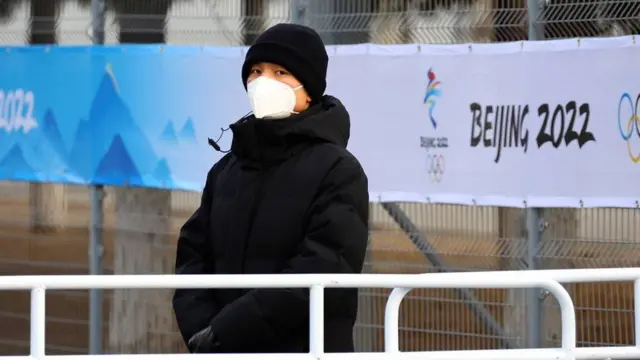Thanks for joining uspublished at 17:03 GMT 2 February 2022
We're now pausing our live coverage of the pandemic.
Today's live page was written by Nathan Williams, Alexandra Fouché, Becky Morton, Jen Meierhans, Dulcie Lee and Chris Giles and was edited by Alex Therrien.
We'll be back tomorrow.
